Rifat Rahman, a resident of Gangutiar in Dhamrai, harbored aspirations of a better life when he ventured to Qatar. Unfortunately, his hopes were dashed when he fell gravely ill and was diagnosed with Human Immunodeficiency Virus (HIV) upon seeking medical assistance.
Hoping for support from his organization, Rifat was disheartened when they only arranged for his repatriation without ensuring necessary medical care. Despite spending Tk6 lakh on his journey, he failed to recover even a fraction of his investment. Tragically, upon his return, his health rapidly deteriorated, leading to his eventual passing, underscoring the dire consequences of neglect and lack of medical assistance.
Regrettably, Rifat's story echoes the plight of numerous low-income migrant workers, returning home with complex illnesses and facing neglect that often proves fatal.
According to data from the Wage Earners Welfare Board of the Ministry of Expatriate Welfare and Foreign Employment, the number of workers returning home due to accidents and illnesses has been steadily rising over the past decade. In 2023 alone, 457 ailing migrant returnees were recorded, highlighting a growing concern for the welfare and safety of expatriate workers.
Debabrata Ghosh, assistant director of the Expatriate Welfare Desk at Hazrat Shahjalal International Airport, affirmed the alarming frequency of such cases, with approximately 20 workers returning monthly, many suffering from accidents or debilitating conditions like stroke, cancer, and HIV.
Despite the severity of the situation, there has been no official investigation into the underlying causes of these health crises among expatriate workers. However, research conducted by organizations like the Refugee and Migratory Movements Research Unit (RMMRU) has shed light on the hazardous working and living conditions faced by migrants, including unhygienic environments, pollution, excessive workloads, and vulnerability to sexual violence.
Furthermore, the exorbitant medical costs in Middle Eastern countries render low-income workers unable to afford necessary treatments. Dr. Rashid-e-Mahbub, former president of the Bangladesh Medical Association (BMA), pointed out the profit-driven lack of empathy in medical practices, stressing the state's responsibility to ensure healthcare for expatriates.
Prof CR Abrar, executive director of RMMRU, emphasized the importance of providing health insurance and health cards alongside work permits to ensure access to treatment for migrant workers, calling for government intervention in this regard.



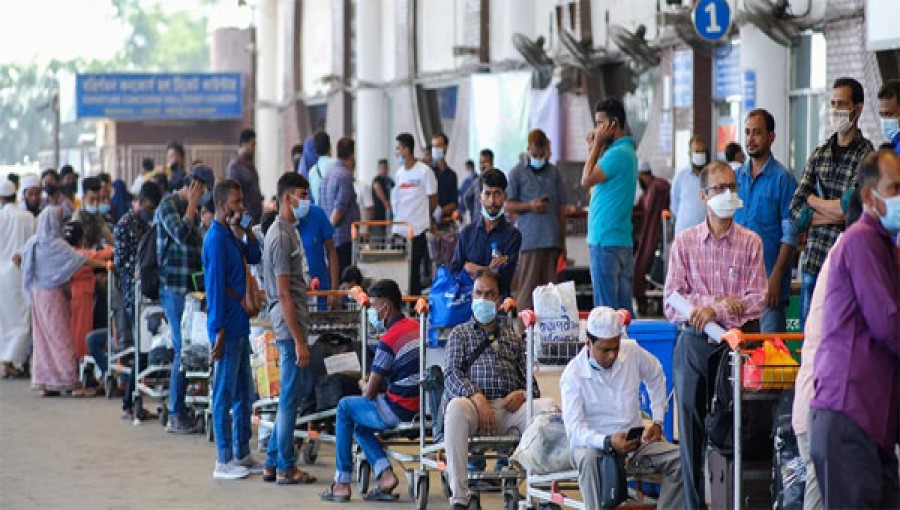
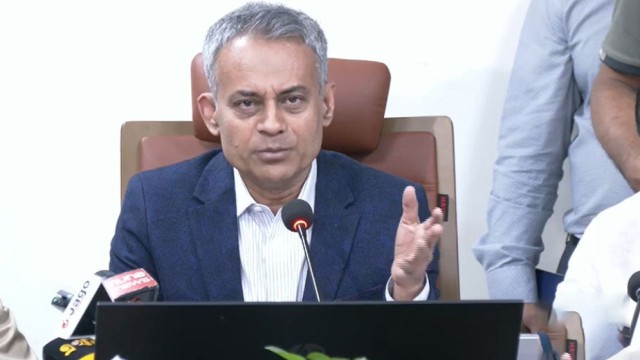

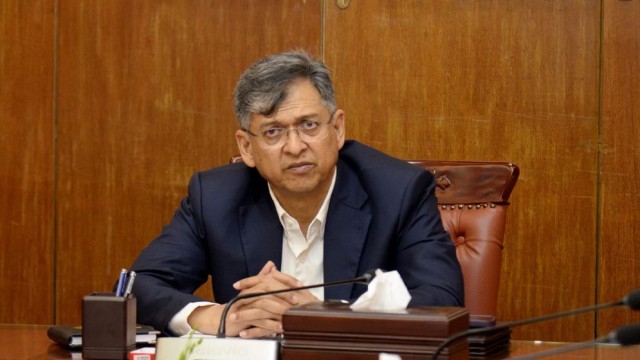
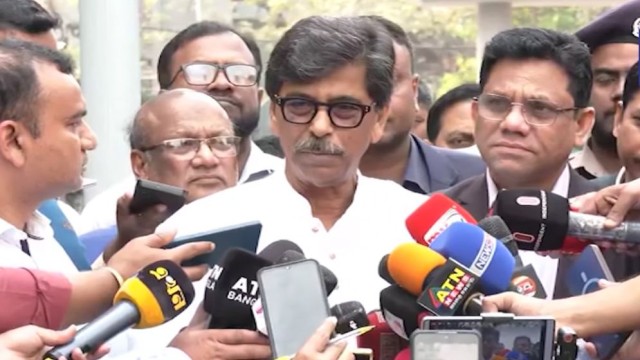


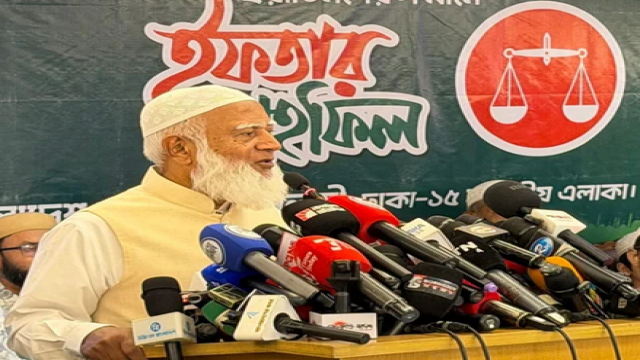
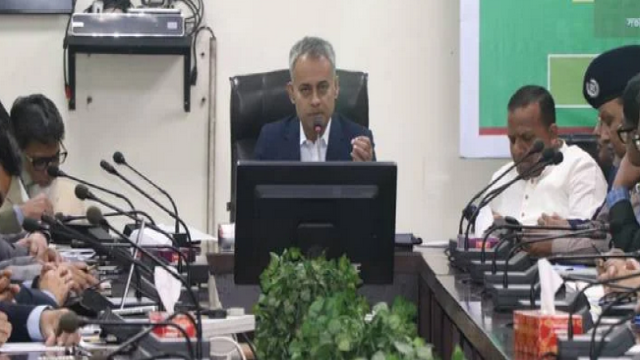




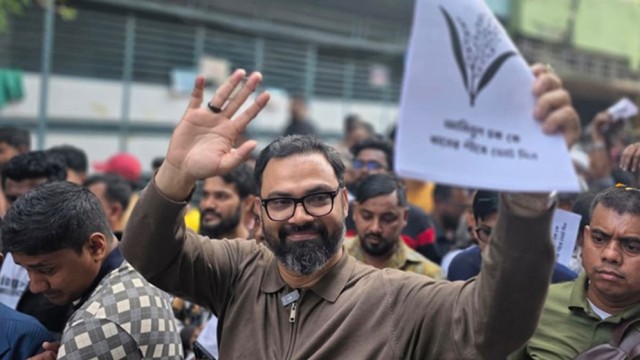











Comment: